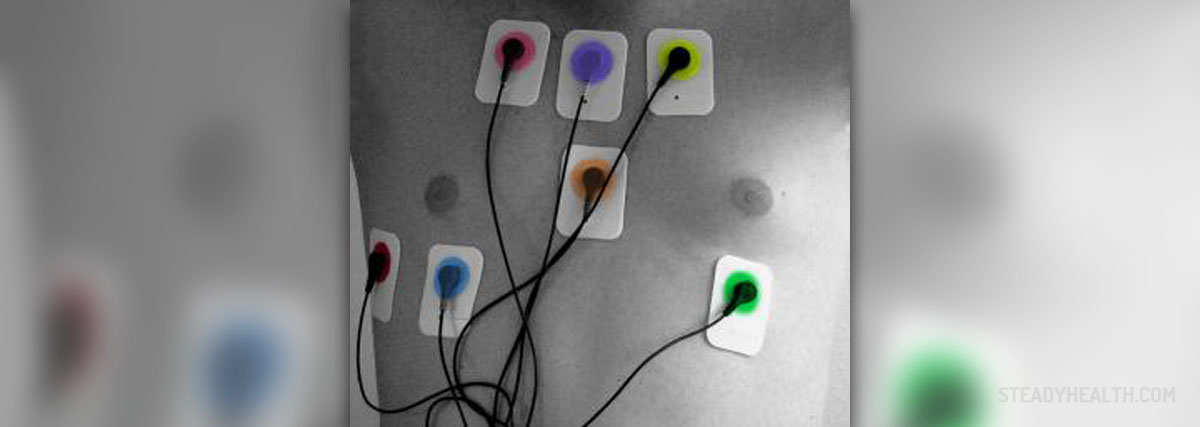
Chest pain is a kind of discomfort or pain that you feel anywhere along the front of your body between your neck and upper abdomen.
Chest pain is one of the most frightening symptoms a person can have. It can occur in any age group or population. Many people with chest pain fear a heart attack.
However, there are many possible causes of chest pain. Some causes are mildly inconvenient, while others are serious, even life threatening.
Any part of the chest can be the cause of the pain including the heart, lungs, esophagus, muscle, bone and skin.
Chest pain can result from a relatively mild to moderate condition that is easy to resolve, such as drinking too much coffee, hyperventilation, or an anxiety attack.
Potentially life threatening causes of chest pain are:
Heart attack. A heart attack occurs when blood flow to the arteries that supply the heart becomes blocked. Angina. The pain occurs because heart is not getting enough blood and oxygen. Aortic dissection. Sudden, severe pain in the chest and upper back is caused. Pneumonia. It causes chest pain that usually feels sharp, and often gets worse when a person takes a deep breath or cough. Pulmonary embolism. A pulmonary embolus is a blood clot in one of the major blood vessels that supply the lungs. Asthma, which generally also causes shortness of breath, wheezing and coughing. Spontaneous pneumothorax. This condition occurs when air enters the space between the chest wall and the lung tissue.Chest pain can also be related to the following digestive system problems:
Heartburn or gastroesophageal(GERD) , Stomach ulcer, GallbladderCocaine-induced chest pain: Cocaine causes the blood vessels in the body to constrict. This can decrease blood flow to the heart, causing chest pain.
Other causes of chest pain:
Strain or inflammation of the muscles and tendons between the ribs Inflammation where the ribs join the breast bone or sternum Shingles. This is a reactivation of the viral infection that causes chickenpox Anxiety and rapid breathingDiagnose
Diagnosing chest pain and its root cause begins with taking a thorough personal and family medical history, including symptoms, and completing a physical examination. Treatment of chest pain involves diagnosing and treating the underlying disease, disorder or condition that is causing it. Some conditions can be easily and successfully treated and cured, while others may require more intensive treatment and may not have optimal prognosis.
Depending on the suspected cause of the chest pain, blood tests may include a complete blood count. An exam also includes listening with a stethoscope.
Other important tests include a test called pulse oximetry, culture and sensitivity tests, pulmonary function test, CT scan, nuclear scan, and MRI.


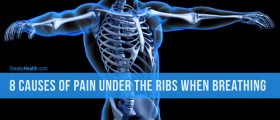



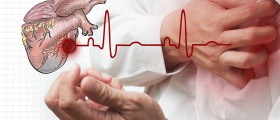
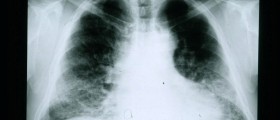

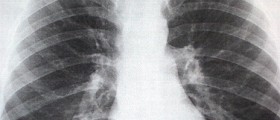






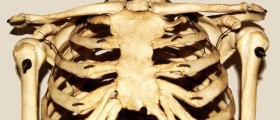
Your thoughts on this
Loading...